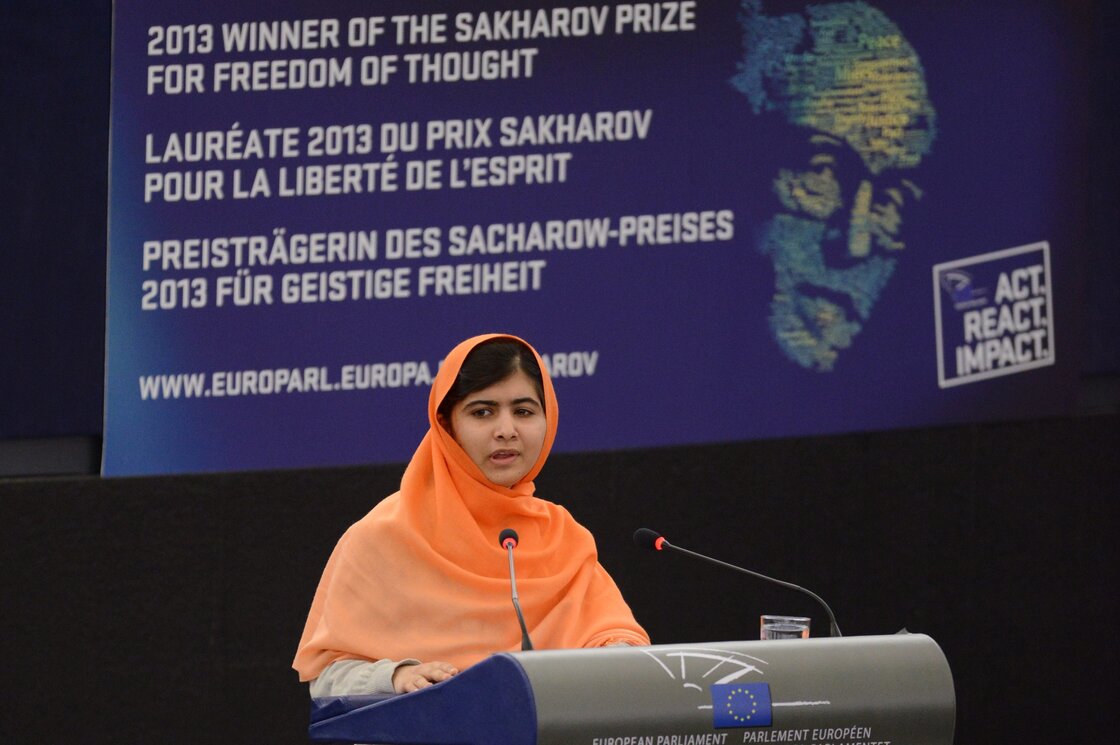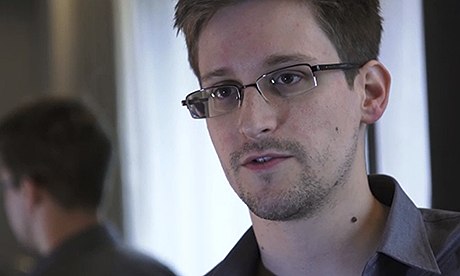Mandela’s memorial service was yesterday, and the speeches and coverage were laudatory, as they should be, and the crowd was raucous, celebratory, despite the rain. Obama in his speech challenged the audience to use Mandela’s example in their own lives, to “take risks on behalf of ideals” but in a studied, disciplined manner.
I was most struck by the notes of dissensus, the public in the stadium booing South Africa’s President Jacob Zuma when he appeared on the big screen and the coverage noting that the anti-apartheid movement and Mandela were not universally embraced by U.S. policymakers at the time.
A friend asked me who are the younger Mandelas of the future? Here, it’s hard to imagine individuals who will or may have such impact, in part because people who have the charisma and intelligence to be transformational historical figures are often killed in their prime before their full contributions can be realized. It’s also true that in this era of instant celebrity we too soon elevate people to receive acclaim, sometimes deserved but in others cases, like Greg Mortenson and his story, much of it untrue, of extending education access in the Stans. In other cases, there isn’t a single individual leading the charge but a movement, a network that catalyzes action. Here are some recent news stories that pick up on these themes.
Lives Cut Short or Paths Diverted
- In the mid 1990s, Ken Saro-Wiwa led a protest movement against the Nigerian government and Shell for polluting the Niger River Delta. He was hanged by the government in 1995. This week, his son, Ken Wiwa, celebrated Mandela’s death and spoke of how his father was a “shooting star,” his life cut short by the regime that denied him of the potential to change Nigeria.
- Malala, a Pakistani girl from the Swat Valley, was shot in the head by the Taliban in 2012 as she was leaving school. She lived and emigrated to the UK because Pakistan was too dangerous for her. Now 16, she has recovered to become an advocate for girls’ education and has written her autobiography. NPR had a story that thoughshe is feted around the world, at home her fame is increasingly resented and people are questioning whether she is being used by the West to push their agenda rather than her own. Malala may have a long future ahead of her, but her ability to change Pakistan may now be attenuated.

- A friend noted that an Israeli extremist had murdered their Mandela in Yitzhak Rabin while the Palestinians have struggled to elevate such a leader. If you watched the 2012 documentary The Gatekeepers, a number of former leaders of Israel’s intelligence service Shin Bet descried the country’s militarized approach to the Palestinians. With some of those folks venturing into politics, will Israel ever have a figure that can embrace the chance for peace with Palestine? Do Palestinians have that kind of leader in Mahmoud Abbas? This week, one of those protagonists, Yuval Diskin, head of Shin Bet until 2011, made news when he said:
I believe that the implications of an unresolved Israeli-Palestinian conflict are much more existential to our future than the Iranian nuclear programme.
Instant Celebrity Hagiography and Hype
- The Guardian’s editors and writers nominated NSA whistleblower Edward Snowden as one of ten nominess to be person of the year, and the newspaper’s readership responded in kind giving him more than 70% of the online vote (of a small number, mind you, of 2000). How will history remember Snowden, much celebrated and much vilified? It’s too soon to say. This is an important episode,and Snowden may be remembered for this act alone, but he probably has a long life ahead of him, which may be characterized by other achievements or a series of self-serving actions to stay in the news and monetize his new-found fame which might be a platform for ideas or self-aggrandizement.

- On that note, Wikileaks founder Julian Assange, who has been cooped up in the Ecuadorian embassy in London for a year and a half, may not be prosecuted by the United States after all for his leaks and now could go to Sweden to face the rape charge that is still pending against him
Movements Not Just Individuals
- If you are following the events in Ukraine, you know that a major protest movement has emerged after the country’s president suddenly backed away from an agreement with the EU that would deepen the country’s trade ties to the West. I am unaware of a single individual that embodies the spirit of the Ukrainian protests. Events may turn ugly in the next few days. Sometimes, for transformation to take place, for every Mandela, you may need a de Clerk, a figure from the old regime who senses that history will be unkind to those side with brutality.

- The Trans-Pacific Partnership seeks to build on the success of the recent WTO negotiations to produce a major moment of trade liberalization in Asia, but will this come at the price of access to generic medicines? Groups like Doctors without Borders are leading the charge to publicize this potential injustice, as the United States is pushing for more restrictions on intellectual property and sharing of clinical data. Yes, there are prominent individuals like Jamie Love who have been champions of access for years, but this cause is bigger than one person.
There are so many causes that need and have champions these days, from the poaching crisis facing Africa’s wildlife, to the air pollution threatening the health and well-being of China’s citizens and the world as a whole, to the efforts by regimes around the world, including Russia and many in Africa, to criminalize and persecute gays and lesbians. Whether a single individual has a transformational role like Mandela is somewhat besides the point and misses the conditions under which individuals can have agency. Only part of it is the charisma, bravery, and skill of the individual, another huge aspect is whether or not these individuals survive long enough to be able to seize moments of opportunity.
Joshua Busby is a Professor in the LBJ School of Public Affairs at the University of Texas-Austin. From 2021-2023, he served as a Senior Advisor for Climate at the U.S. Department of Defense. His most recent book is States and Nature: The Effects of Climate Change on Security (Cambridge, 2023). He is also the author of Moral Movements and Foreign Policy (Cambridge, 2010) and the co-author, with Ethan Kapstein, of AIDS Drugs for All: Social Movements and Market Transformations (Cambridge, 2013). His main research interests include transnational advocacy and social movements, international security and climate change, global public health and HIV/ AIDS, energy and environmental policy, and U.S. foreign policy.


Your list reminded me of this news post from the early period of the Syrian revolution :(
https://articles.washingtonpost.com/2011-09-14/world/35275420_1_syrian-activist-hama-damascus-area
Great post! Here’s some thoughts from a different perspective, focusing on the wider dynamic of opposition to undemocratic regimes.
The emergence of a Mandela, Wałęsa or Gandhi seems to be related to the existence of a party/social movement such as ANC, Solidarity or Congress that is able to establish hegemony over the various actors comprising the opposition to a regime. The influence of such a leader over the opposition as a whole gives the regime someone to negotiate with if a point is reached where the regime no longer believes that repression is effective as a strategy. This raises the leader’s stature further (at the risk of accusations of co-optation). The leader’s ability to either ‘deliver’ their supporters or to mobilize them against the regime makes their promises credible and enables the kind of peaceful pacted transfer of power witnessed at the end of the British Raj, Polish Communist and Apartheid regimes.
Many contemporary ‘colour revolutions’ seem to be the product of semi-spontaneous organisation, not the result of struggles waged by unified opposition movements over the course of multiple decades. So the structural/organisational conditions of contemporary democratic protest don’t seem to favour the emergence of transformational opposition leaders.